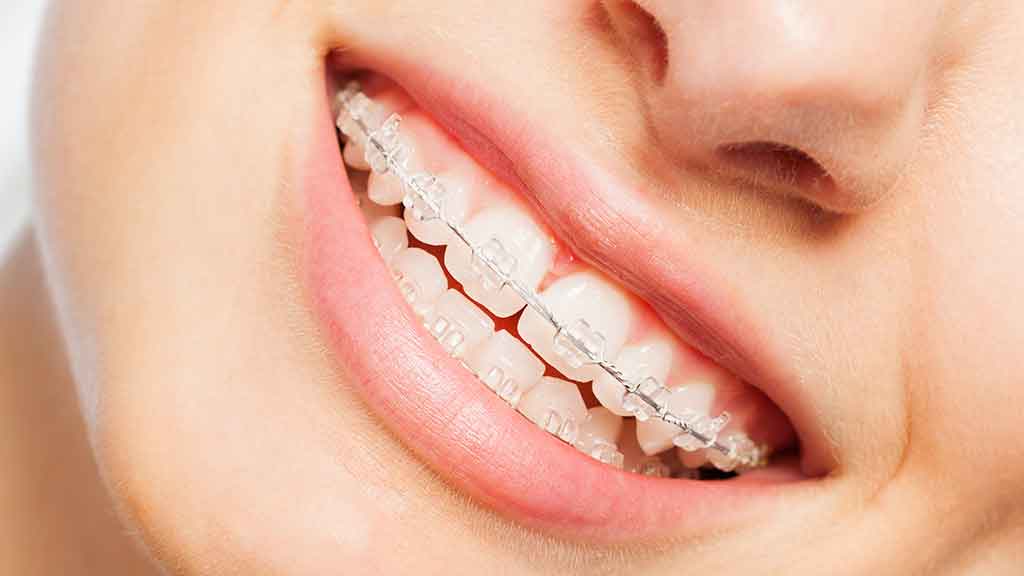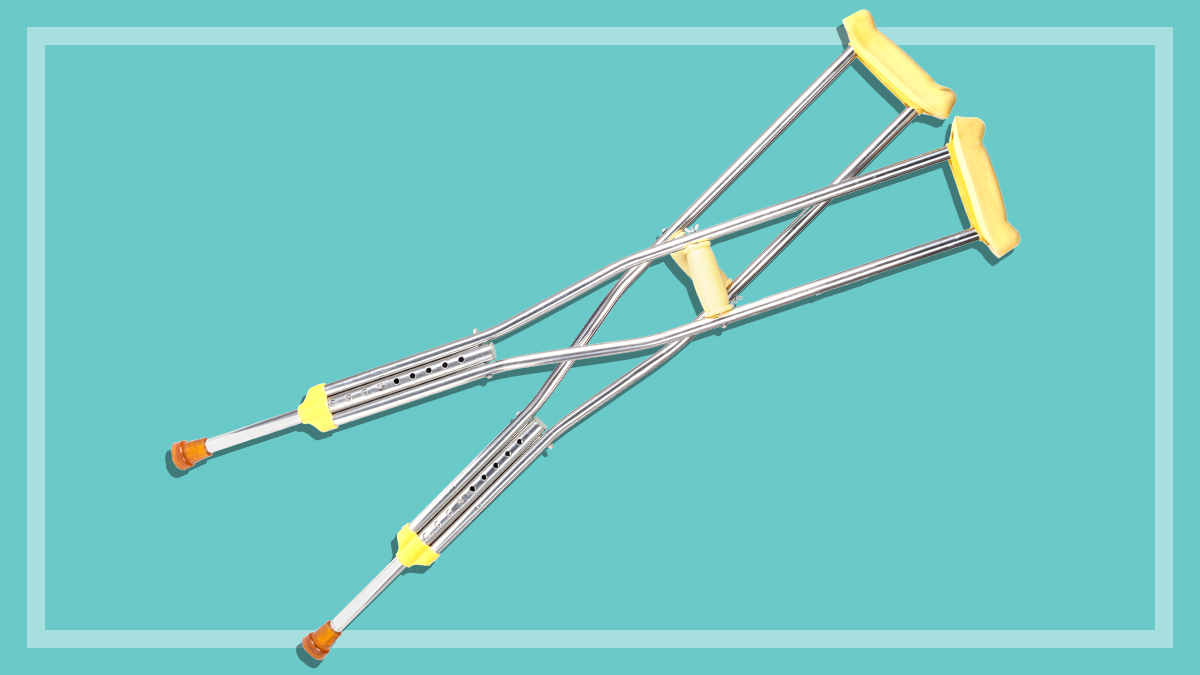Get our independent lab tests, expert reviews and honest advice.
Should you get health insurance for braces?

Orthodontics is a big investment, in both time and money. Health insurance can help with the costs, but how do you know whether you’re getting a good deal?
This article is for people who are considering buying extras cover, or upgrading their existing cover, in order to claim benefits for orthodontics. It is primarily written for families whose children need braces, but the advice is just as valid for adults considering orthodontics.
Is it worth getting extras for orthodontics?
Not all extras policies are created equal. Some might only cover a couple of hundred dollars worth of orthodontics, while a few premium policies will pay over $2500. If you’re considering using extras to help manage the cost, you have to consider a few things:
It only works if you claim back more than you spend
This is the most important part. If you spend more on premiums than you claim, you’re wasting your money. Good cover for orthodontics comes at a price, so you should be looking at ways to reduce the amount of time you’re paying for a top-shelf policy.
Extras policies that include cover for orthodontics typically cost around $1600 a year for a family extras policy – more if your household income is higher than $186,000, due to the lower government rebate. Over three years you might expect to pay $5000 in premiums.
Our research found that claiming against only one course of orthodontics won’t be enough to cover the premium over three years. Even if you include rebates for twice-yearly dental checkups for two parents and a child, most policies don’t stack up financially.
You’ll also need to claim things like optical and physio
In almost all cases this is the only way to make your extras worthwhile. Claiming on glasses, physio, massages and psychology are all ways get value from your extras. Will your orthodontic treatment require a tooth extraction? Get it done at your dentist and you may also be able to claim a couple of hundred dollars for this as well.
Plan your year in advance. Know how much you will need to claim to make it worthwhile. Extras can be a good budgeting tool, but you still need to write up that budget.
What do orthodontics cost?
The average annual out-of-pocket costs for orthodontics are:
$522 for 6-year-old children
$924 for 9-year-olds
$1269 for 10-year-olds
$4115 for 13-year-olds
$1765 for 17-year-olds.
Source: HBF claims 2016, in HBF Children’s Dental Report 2018.
Who should get cover?
Only Navy Health and Defence Health offer children-only policies, so you’ll likely need to get cover for at least one parent. There’s typically no price difference between policies for childless couples and two-parent families. However, if you’re a single parent you’ll pay more to cover your children than you would to cover just yourself. The good news is, adding extra kids doesn’t affect the cost of a policy.
If you’re a two-parent family and your main focus is cover for the kids’ braces, a cheaper policy covering just one parent might be worthwhile. Actual discounts depend on the fund, and not all funds offer discounts for single parents. The downside to this plan is you’ll have one less person on the policy able to make claims for physio and optical so consider whether this will make it harder to claim back the full premium.
When you should take out cover
Extras policies typically have a 12-month waiting period for orthodontic cover. Since a typical course of orthodontics lasts between one and two years, you will need cover for two to three years.
You can’t know ahead of time what your policy will cost in two years, but a five per cent increase every year on 1 April is a good estimate. If you’re expecting your income to increase past the rebate thresholds, your premium will increase even more.
Health funds usually reset their annual limits on 1 January or 1 July. If you start your course of treatment in the last few months of the year, you can spread your claims out over three benefit years. Check with your health fund when their benefits reset.
Starting treatment during the waiting period
What if you can’t wait? Can you still claim against your extras? Funds have different rules, but will usually still cover you if the treatment is ongoing after the waiting period ends. The important factor is when you pay your orthodontist, not when you actually receive the treatment. In this case, you shouldn’t take the pay-up-front discount, as your health fund will be unlikely to cover you.





